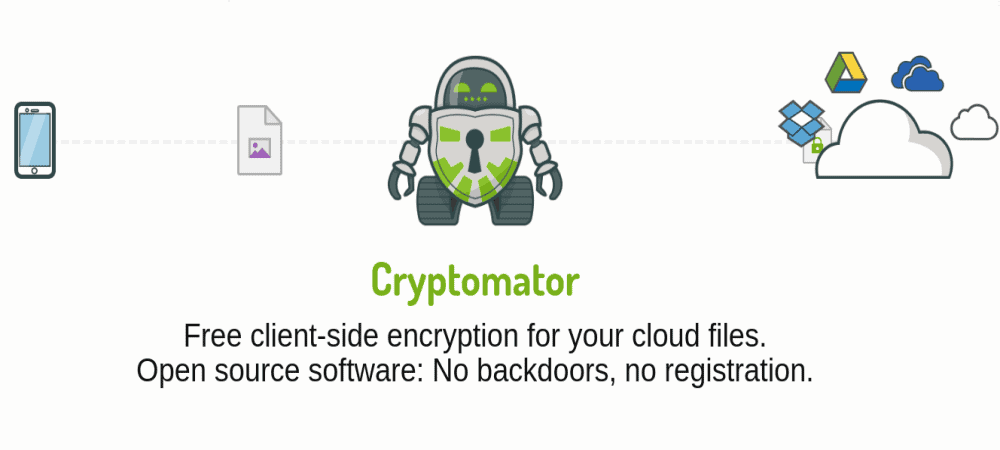If you have important data stored on your computer or other devices, you know how important it is to protect it. Something can always go wrong, such as a computer breaking down, a hard drive failing or data being accidentally deleted. If this happens, your data may be lost forever unless you have a recent backup.
Therefore, it is important to make regular backups of your data. But how do you know if you have a good backup? That’s where the 3-2-1 backup method comes in.
The 3-2-1 backup method is a simple and effective way to ensure that you always have a recent copy of your data and can restore it. The method states that you should make at least three copies of your data, on two different media, including one offline medium. This ensures that you always have a backup, even if something goes wrong with one of the media or if something happens to the location where the backups are stored.
For example, you can store one copy of your data on your computer, one copy on an external hard drive and one copy on a cloud storage service. That way you always have a recent copy of your data that you can restore no matter what happens.
It is also important to update your backups regularly so that you always have a recent copy of your data. For example, if you work with important data every day, you could backup every day. Or if you work with important data less frequently, you can backup every week or every month, for example. On the mac, you can use Timemachine for this, then you don’t have to worry about this anymore.
To help you back up using the 3-2-1 method, here are a few tips.
The 3-2-1 backup method
- Make at least three copies of your data, on two different media, including one offline medium. This ensures that you always have a recent backup, no matter what happens
- Make use of different media for your backups. For example, you can store one copy on your computer, one copy on an external hard drive and one copy on a cloud storage service. This ensures that you always have a backup, even if something goes wrong with one of the media.
- Make sure you store one copy of your data on an offline medium. This could include an external hard drive that you don’t always have connected to your computer, or a USB flash drive that you keep in a safe place. This ensures that you also have a backup if something happens to the location where your backups are normally stored. Ask a trusted family member to keep your disk, for example. Always make sure this disk is encrypted.
- Make sure you make regular updates to your backups. How often you do this depends on how often you work with important data. For example, backup every day if you work with important data every day, or backup every week or every month if you work with important data less frequently.
Safe in the cloud
Choose a reliable cloud service, so not a free service such as Dropbox, Google Drive, Microsoft OneDrive. These services are generally secure, but not as good to bad for your privacy. Apple recently announced that they will be securing iCloud backups with end-to-end encryption. That in turn makes this service a little more reliable.
In terms of privacy, we recommend using Nextcloud or Tresorit. These services are relatively pricey, but proven reliable. Tresorit uses end-to-end encryption. Tresorit does not have access to your data.
Remember that a backup generally contains privacy-sensitive and personal data. Not only (embarrassing) photos of yourself and your family, but also bank details, messages and sensitive data. Better invest in a good backup solution.
Cryptomator
If you still want to use Google Drive or iCloud then there is another solution available. Cryptomator encrypts files locally on your computer or your smartphone before uploading them to cloud storage. This way, no one (not even Google) can view or misuse your data. As far as we are concerned, it is the best and safest way to still use a free Cloud service. Cryptomator is free and open source software. No loopholes and no registration required.

By the way, why do I need to keep 1 backup outside the door?
We don’t want to scare you, but floods, fires and theft do happen. If you leave your external hard drive attached to your computer in the same room out of convenience and something serious happens, you will lose all your data in one fell swoop. So a constantly updated copy of your data that is not in the same location is important for protecting your files.


